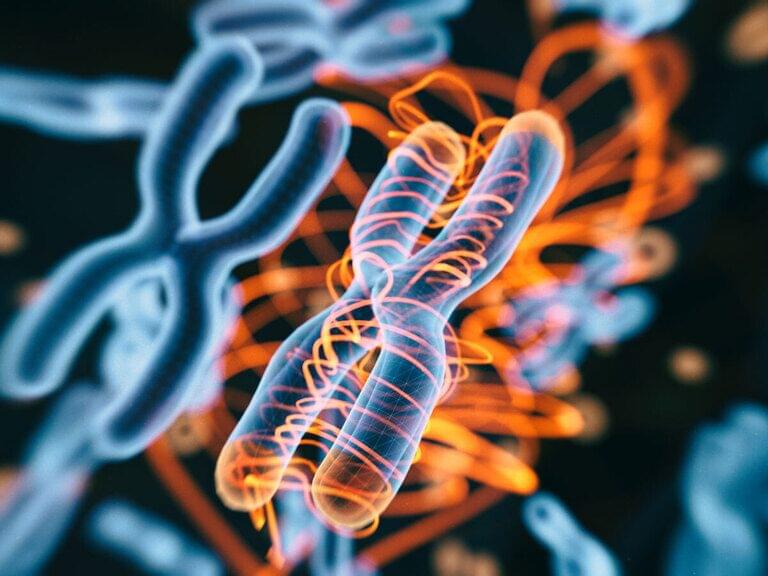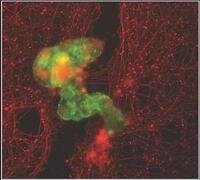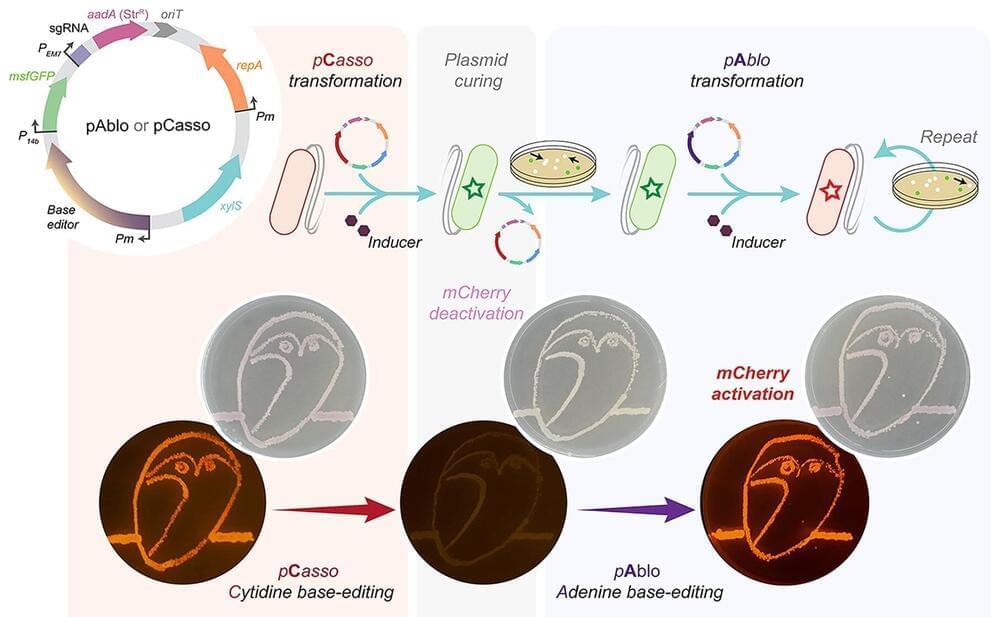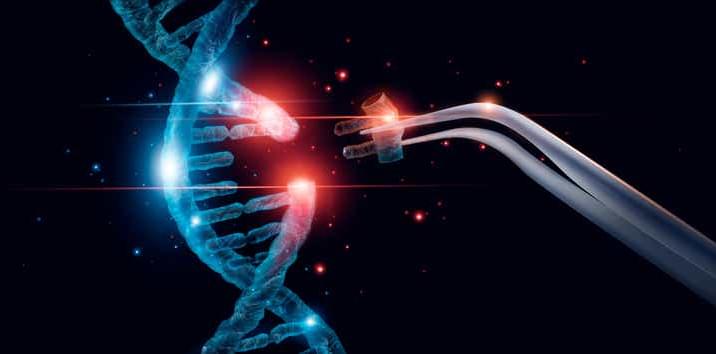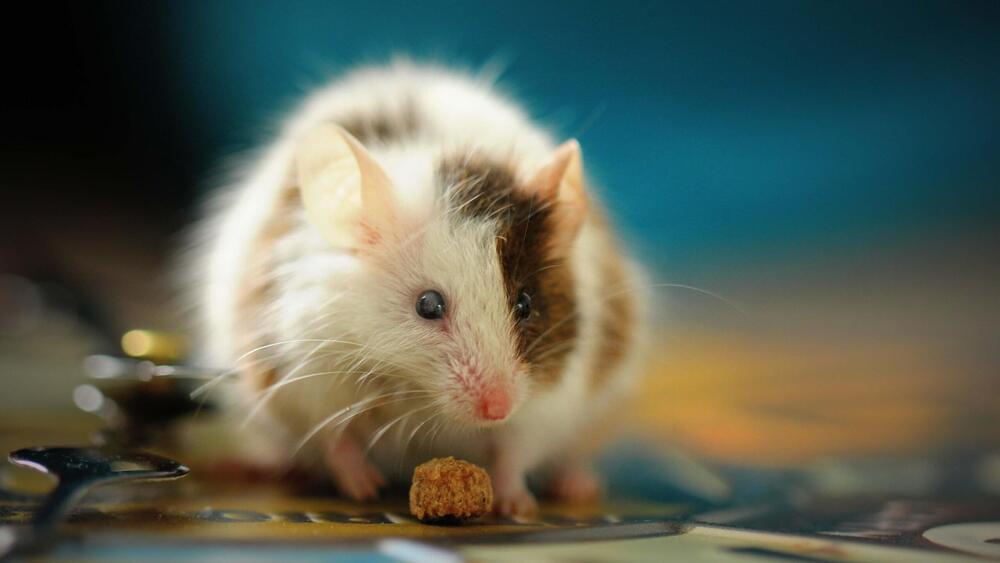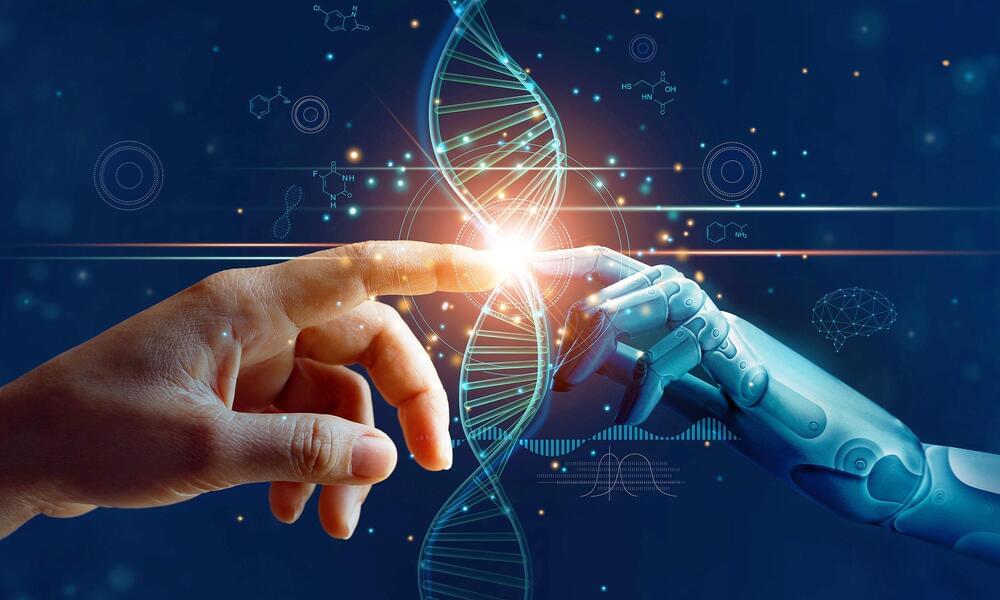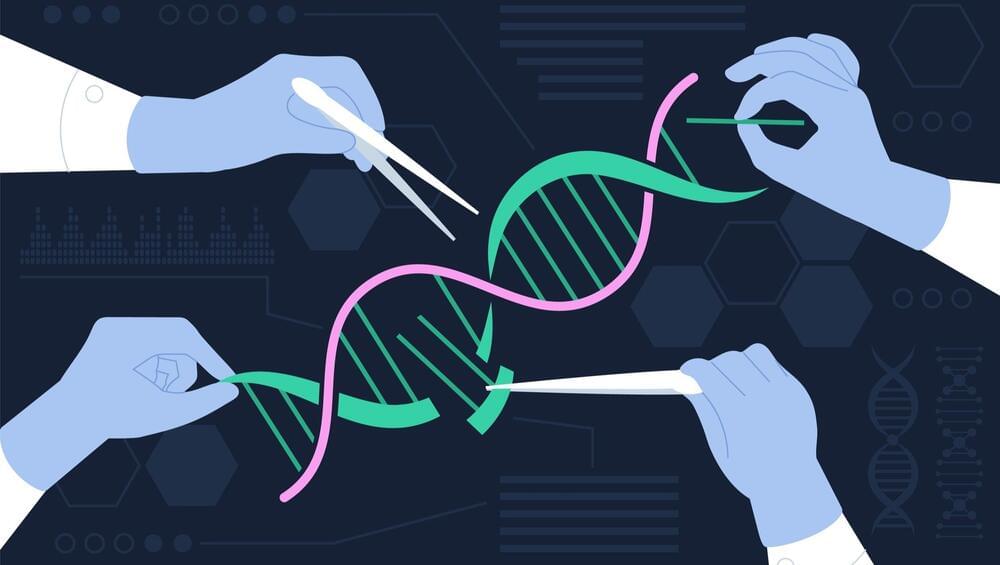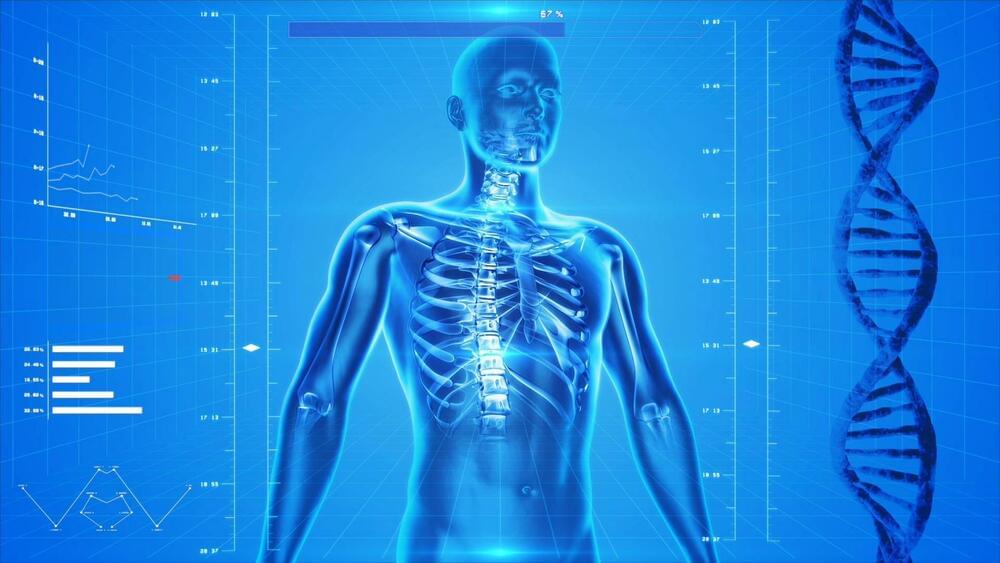Jan 19, 2024
“Hard to Imagine a World Without It” — Jeff Desjardin on the Potential of CRISPR Technology
Posted by Dan Breeden in categories: bioengineering, biotech/medical, food
Jeff Desjardins, Editor-in-Chief of Visual Capitalist, joins OPTO Sessions to discuss the profound and far-reaching potential of CRISPR and gene editing technology, which he believes could impact fields as diverse as oncology, agriculture and materials science.
On 8 December, the US Food and Drug Administration (FDA) approved two cell-based gene therapies for the treatment of sickle cell disease. The decision marked a watershed moment in the history of healthcare, being the first time that gene therapies have won FDA approval.
One of the treatments, Casgevy, is the result of a collaboration between CRISPR Therapeutics [CRSP] and Vertex Pharmaceuticals [VRTX]. The other, Lyfgenia, was developed by bluebird bio [BLUE].
